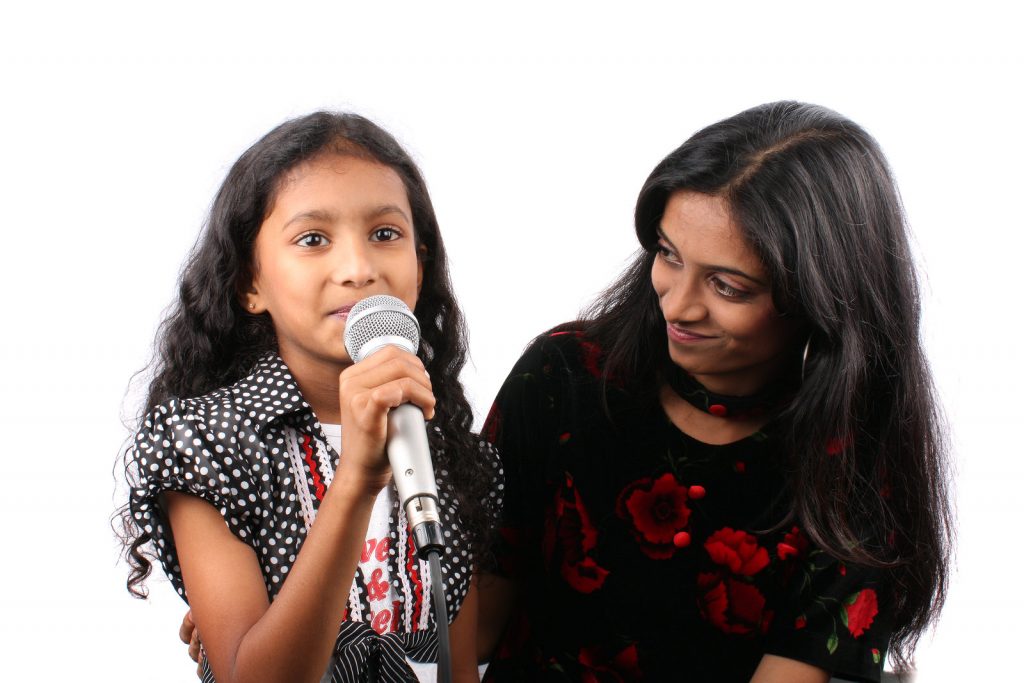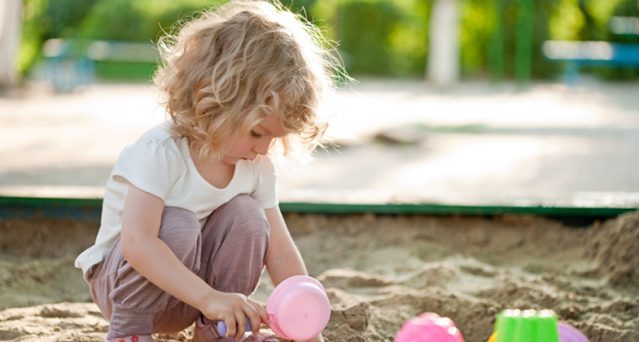Language development through play
It can be challenging for small children to have the attention span to formally learn a new language. One technique that may be worth exploring is to try to learn a new language through play. With your help, children can learn new and valuable skills through play activities and general social interaction.
Every child has a different way of learning
If your child is interested in what he/she is doing, they will be more engaged in that activity. Because of this, take note of and follow their lead. Pay attention to where their interest in an activity occurs and position activities that are designed to engage them. The more engaged your child is in an activity, the more likely they will take to a second language.
Learn a new language through singing

Singing music is an enjoyable and healthy way to enhance linguistic, listening and physical abilities. Singing can also help a young child learn to communicate concepts. You can incorporate language-learning exercises with singing things like the normal children's songs for their age or by using a tune in the daily actions you and your child are doing.
- Your child can memorize a song in a new language.
Whether it be a new melody native to the new language or a melody they already know and enjoy, it can be fun to sing and dance to a new song
When your child learns a new song, dissect the song and learn the meaning behind it. Whether you want to learn just the main words or the history of the song, keep your child curious and thirty for learning new things
- Share the song with others.
Once your child has learned their new songs, have them show off their new learning ability to friends and family. They may even want to teach the new song to someone else.
Keep the first song they learn simple and short, so that they can quickly learn it. Once they've enjoyed their new ability, they will be encouraged to learn more difficult and longer songs in the new language.
Read a book in a different language

Reading helps open the world to learning and improve your communication skills, language and memory.
By exposing your kids to a variety of books, you can find out which appeal to them more and guide you in acquiring books that hold their interest. You can begin with simple books, perhaps books containing short text and images. Progress toward more difficult activities as your children's reading skills improve.
Flashcards
One of the best ways to familiarize you child with a new language is by utilizing real-world objects that will keep their attention. Unfortunately, life isn't always consistent or conducive to this activity, which is why adding flashcards as a learning tool is crucial.
In introducing each flashcard, it is important to present your child with the picture together with the right pronunciation for the sound. Once your son or daughter has created the association between the picture and voice, showing written text for the word will be the next step to take. The brain forms a connection between the image, pronunciation, and word. This connection is stored in long-term memory.
Rather than going through each flashcard one-by-one, reinforce the new word in other areas. For example, if you're singing a song in English, you may want to swap that "animal" flashcard word with the newly translated word, or better yet, make a song out of the new words altogether and repeat, repeat, repeat.
Pausing to engage interaction
Try building a turn-taking routine to help give your child a opportunity to ponder and respond. You can also try fun activities where everyone has equal downtime between turns. It's important to be patient, as all children have different ways of processing information. Turn-taking is an important skill that plays a key role in social development, so it's good to pass it to your kids from an early age. This will mainly improve the way they correlate and express themselves as part of their personality.
Rinse and Repeat
Children need opportunities to learn various skills. It might seem like tedious or unproductive to parents to replay the exact same activity, but for children, taking part in the exact same activity repeatedly will let them build abilities and refine proficiency. It is crucial to encourage repeating actions, words, and preferences, especially those they engage with. Repeatedly singing the same songs, for example, is also beneficial for memorizing new information, teaching new skills, and structuring speech.
As long as your child is happy and engaged, learning a new language will be fun and a long-term project for the whole family.

